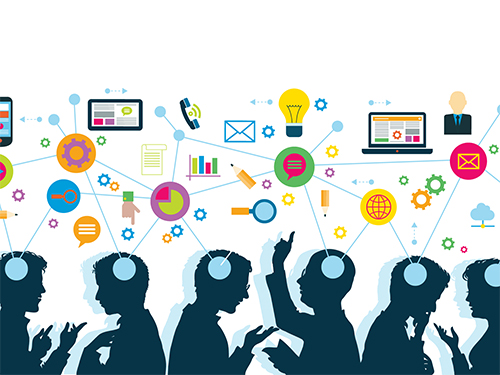
07 September 2020 – Osman Bedel –
Unlocking Potential: Personalized Learning and Its Impact on Student Success
In the realm of education, one size does not fit all. Recognizing the unique strengths, interests, and learning styles of individual students, personalized learning has emerged as an empowering approach that tailors education to meet the diverse needs of each student. By providing customized support, offering varied learning activities, and adapting instructional approaches, personalized learning aims to unlock the full potential of every learner. In this blog post, we will explore the significance of personalized learning and how it fosters student success.
- Meeting Individual Needs
Personalized learning places the student at the center of the educational experience. It recognizes that each learner has distinct strengths, challenges, and interests. By assessing students’ current knowledge and skills, educators can design instruction that addresses their unique needs. Personalized learning enables students to progress at their own pace, ensuring they receive the support and guidance necessary to master concepts before moving forward.
- Differentiated Instruction
In personalized learning environments, instruction is tailored to match students’ readiness, learning preferences, and interests. Educators utilize a variety of instructional strategies, materials, and resources to engage students and enhance learning outcomes. By providing different pathways to understanding, personalized learning accommodates diverse learning styles and helps students connect with the material on a deeper level.
- Adaptive Technology
Technology plays a vital role in personalized learning, facilitating individualized instruction and supporting student progress. Adaptive learning software and online platforms analyze student performance data to provide real-time feedback and adaptive content. This personalized approach enables students to receive targeted interventions, practice at their appropriate level, and strengthen their understanding of key concepts.
- Ownership of Learning
Personalized learning empowers students to take ownership of their learning journey. By allowing them to make choices, set goals, and reflect on their progress, students develop important skills such as self-direction, self-assessment, and self-motivation. This increased agency fosters a sense of responsibility and autonomy, enhancing engagement and intrinsic motivation.
- Collaboration and Peer Learning
Personalized learning does not mean learning in isolation. It emphasizes collaboration and peer learning as valuable components of the educational experience. Grouping students based on their learning needs and interests allows for cooperative problem-solving, discussion, and knowledge sharing. Through collaboration, students develop interpersonal skills, deepen their understanding through diverse perspectives, and learn from one another.
- Cultivating Lifelong Learners
Personalized learning fosters a love for learning and equips students with the skills necessary to become lifelong learners. By tailoring instruction to their interests and aspirations, students experience the relevance and applicability of what they learn, fostering a passion for knowledge. Moreover, personalized learning helps develop critical thinking, creativity, and adaptability—essential skills for success in an ever-evolving world.
Personalized learning revolutionizes education by recognizing the unique needs and strengths of every student. By tailoring instruction, utilizing adaptive technology, and promoting student agency, personalized learning empowers students to reach their full potential. This approach fosters a love for learning, nurtures key skills, and cultivates a mindset of continuous growth. As personalized learning gains momentum in educational settings, we pave the way for a future where all students can thrive and succeed on their own terms.






